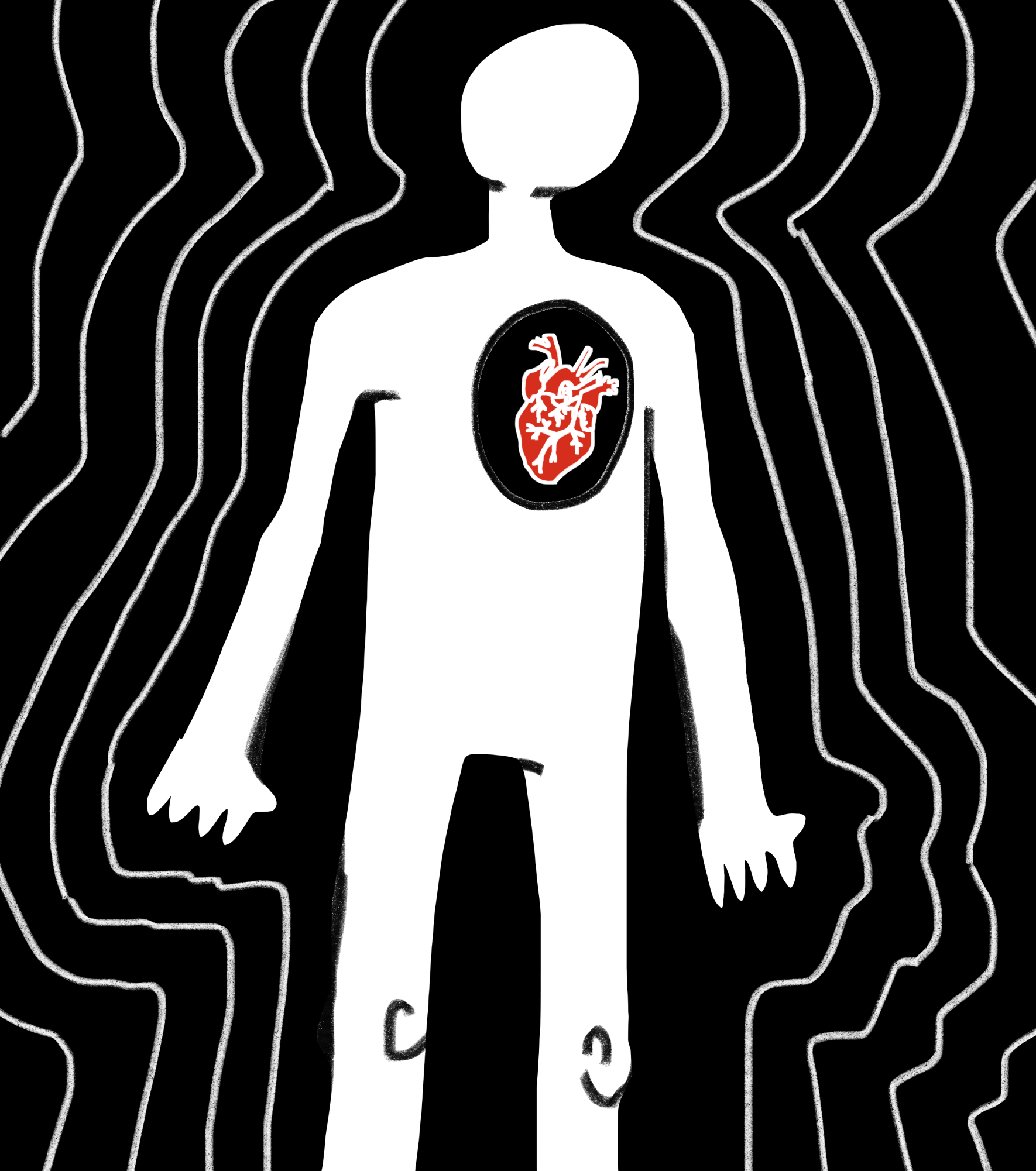Being 16 comes with two newfound responsibilities: driving and deciding whether or not to become an organ donor. After passing your driver’s test, you might recall hearing the hard-hitting question: Do you wish to be an organ donor? This decision varies from person to person, as some may already be well-informed and prepared to answer this question, but most make it without knowing what it truly means.
More than 100,000 people are on the waiting list for an organ transplant. Even as registered organ donors, only three in 1,000 people die in such a way that does not cause damage to their organs, like sudden cardiac arrest or fatal brain injury. When performed, one donor can grant eight donor recipients a second chance at life. Organ donation is selfless and honorable. Being skeptical, though, does not make you a bad person.
Many potential donors fear medical malpractice and being denied life-saving care in the case of emergency, motivated by the practitioner’s prioritization of organ donation. This assumption is warranted, as we may have been in the position to make selfish decisions ourselves. This is only a widespread misconception, stemming from the stigma surrounding organ donation.
The Hippocratic Oath is a historical text that is traditionally used to swear in physicians to the field of healthcare. It is most famously recalled as: “First, do no harm.” Under the oath, doctors are sworn to uphold the standards of ethics, placing patients’ best interests above all. Allowing an organ donor patient to die to serve others via transplantation is an utter violation of the Hippocratic Oath, defying the very basis of what healthcare service means.
In the case that an organ donor requires emergency care—typically in a situation where quick, life-saving decisions are needed by EMS and the ER team—the team of physicians and nurses specialized in the ER do not have the time to verify the organ donation registration status of their patients. As per the Oath, a healthcare provider’s priority is to save their patient of current interest, without external pressures influencing the care one is given. In the case that an ER patient is an organ donor, many factors come into play that make organ transplant such a complicated procedure; some of these factors include, but are not limited to, the donor’s health and organ function, medical history, blood type and organ size. This is not something that can be assessed in the fast-paced ER setting and under critical patient health. Even so, the trauma physician assigned to the case does not possess a direct link to transplantation services, which are organized and administered by the United Network of Organ Sharing.
While Hollywood can bend the bioethical principles of healthcare, reality cannot. It is critical that we don’t make assumptions based on movie plots or misinformed conversations, as these are the lives of our friends and neighbors we are talking about. Whether or not you choose to be an organ donor, don’t attribute your reasoning to this one. Instead, talking to a medical professional or doing your own research is the best way to make a claim.



